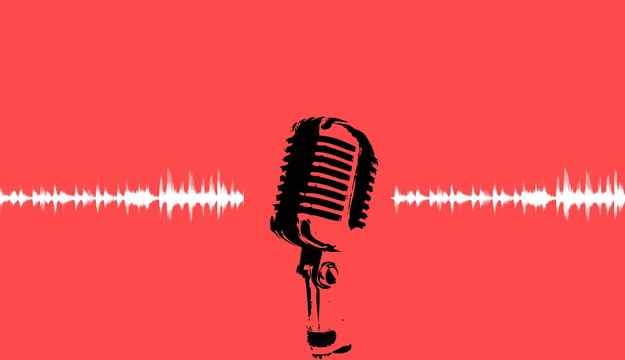By Ramzy Baroud, Special to Gulf News
Published on: 00:01 May 11, 2011
We’ve got him! squealed a waitress as I walked into a coffee shop in Washington state. It took me few moments to realise she was referring to US President Barack Obama’s triumphant declaration of the assassination of Osama Bin Laden near Islamabad on May 2. In no time, a full crowd had gathered to giddily celebrate Bin Laden’s killing.
There seemed to be no space to ponder the fact that the sovereignty of a country had just been violated, that such notions as due process and the American constitution had been summarily dismissed, and that between searching for Bin Laden and ‘getting him’, millions of innocent lives had been destroyed forever.
Later, I discovered that Obama was the one who first used the phrase. The Associated Press reported that, “[t]urning to the trusted aides who sat around him, a president renowned for the eloquence of his oratory delivered the bluntest of messages: ‘We’ve got him’.”
The details of the killing have been altered repeatedly. US officials confirmed that Bin Laden was buried at sea in accordance to the ‘Islamic way’ (as if dumping their dead in high seas is a cherished Muslim value). The truth is, we may never know precisely what took place on May 2. We are now left to speculate, swap conspiracy theories, share fake photos and take stances based on little authentic or independently verified information.
Muslim groups in the US were some of the first to celebrate the news of Bin Laden’s death. The aftermath of 9/11 had taught them the harsh consequences of attempting to challenge the dominant or official narrative.
Then there was the shrewd, supposedly ‘forward-thinking’ bunch, including New York Times columnist Thomas Friedman, who told CNN’s Anderson Cooper that now that Bin Laden was dead, ‘someone’s got to kill bin Ladenism’.
What is Bin Ladenism exactly? Charlie Smith, writing in straight.com offers one perspective: “Bin Ladenism or Al Qaidism is an anti-imperialist, anti-American ideology that developed in many parts of the world after the 9/11 attacks”.
What Smith significantly fails to mention is that anti-American-imperialism began long before the devastating terrorist attacks on 9/11.
Although The Economist is a step ahead of many other mainstream media, it can also fall many steps behind the threshold of common sense. An article entitled, ‘Osama Bin Laden: Now, Kill His Dream’ included the following analysis: “Mr Bin Laden matters because he swept up a ragbag of local grievances into a brand of intoxicating and violent jihad with worldwide pretensions.”
On the morning after the news of Bin Laden’s reported death, a host on American National Public Radio (NPR) stated that in order for us to understand what transpired in Pakistan, we need to go back to the original date: September 11, 2001. This reductionist thinking insists that the Bin Laden story starts on a bloody New York morning nearly 10 years ago.
Many Muslims, Arabs and others — especially those who experienced US imperialism first hand — refuse this narrative, and insist that the story can, and should, be located in a larger and less self-involved context, which includes the situation in Palestine and Iraq, and the realities of neo-colonialism, US interventionism, rights violations, oppressive regimes, and so on.
This ‘ragbag of local grievances’ stands no chance before a military arrogance that knows no bounds. The fact remains that Bin Laden was the product of a culture that dislikes foreign occupation and military fatigues.
Although most Muslims reject the methods of Bin Laden there is an undeniable overlapping between popular Arab demands and the justifications offered by Al Qaida and other terrorist groups for their actions.
This largely explains the level of ease by which Al Qaida is able to recruit more people into their cause. Indeed, ‘Bin Ladenism’ is the product of a historical conflict, a conflict in which the US and other western countries are major players. The only way to ‘kill’ Bin Laden’s dreams is to face the reality that Arabs and Muslims are fed up of living under corrupt rulers and foreign interventions, and there is no way to predict how the frustrations will manifest.
Washington needs to understand that moving beyond Bin Ladenism urgently requires sensible actions, not hegemonic policies and death squads.
We may have ‘got him’, for now, but hopefully one day we will grow courageous enough to get it ourselves.
 navedz.com a muslim's Quest for the truth
navedz.com a muslim's Quest for the truth








